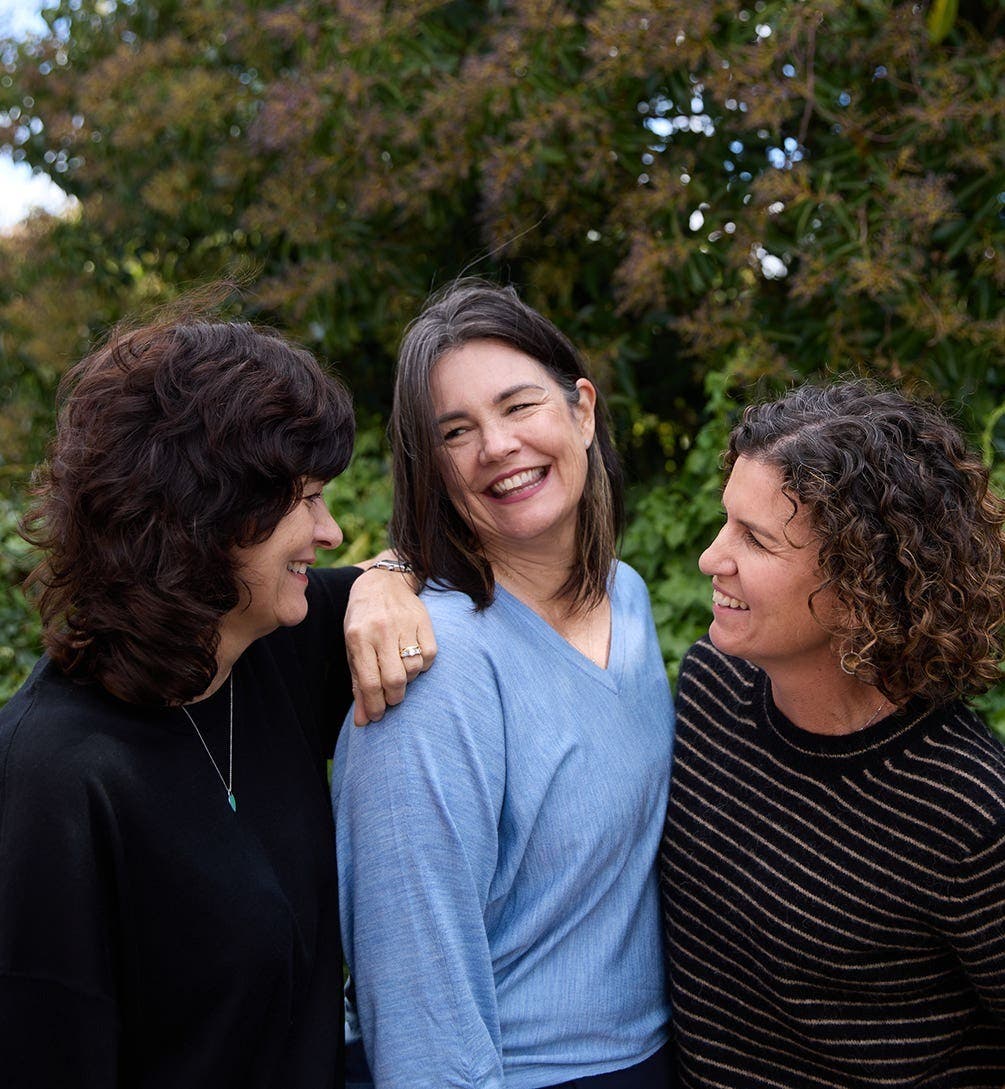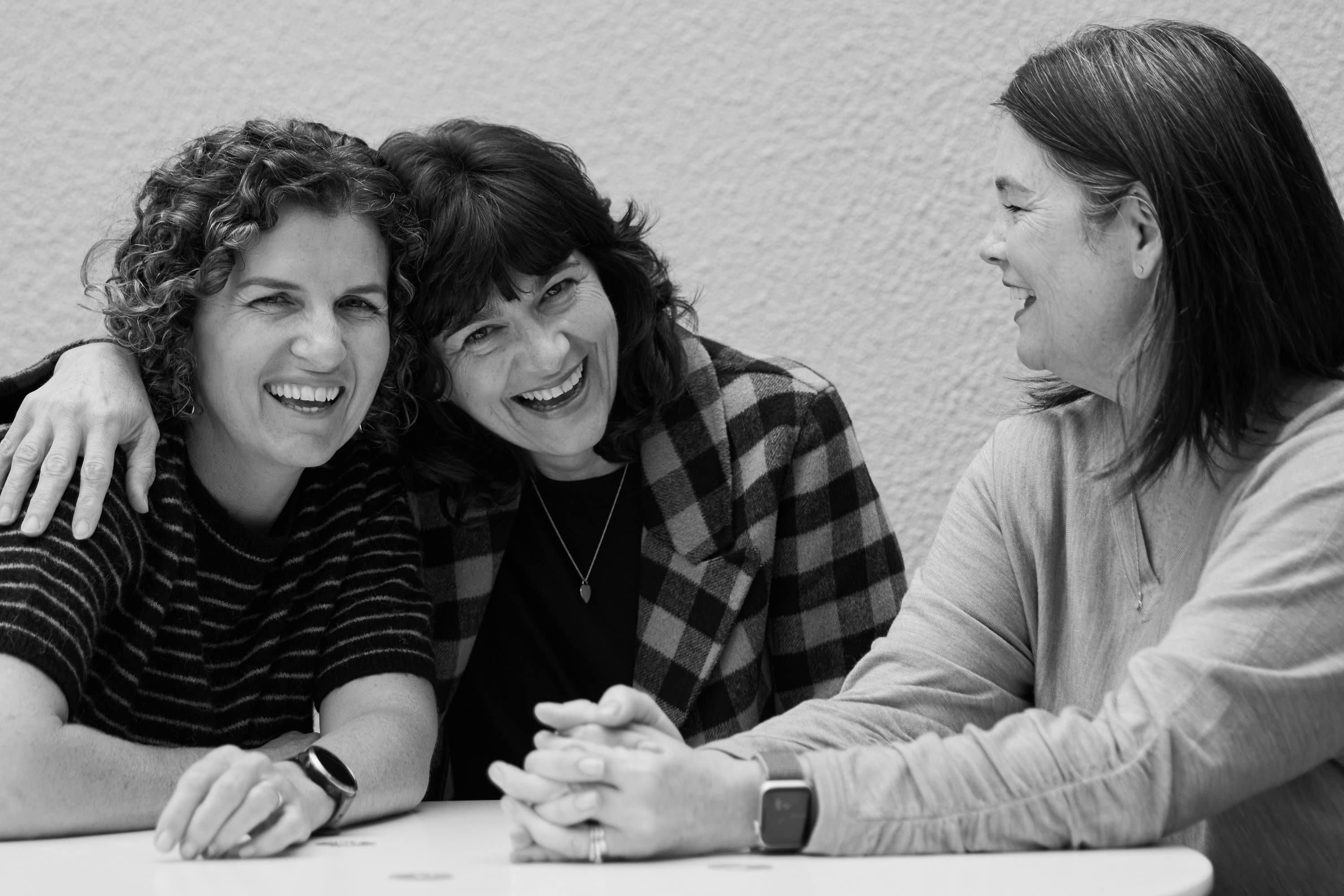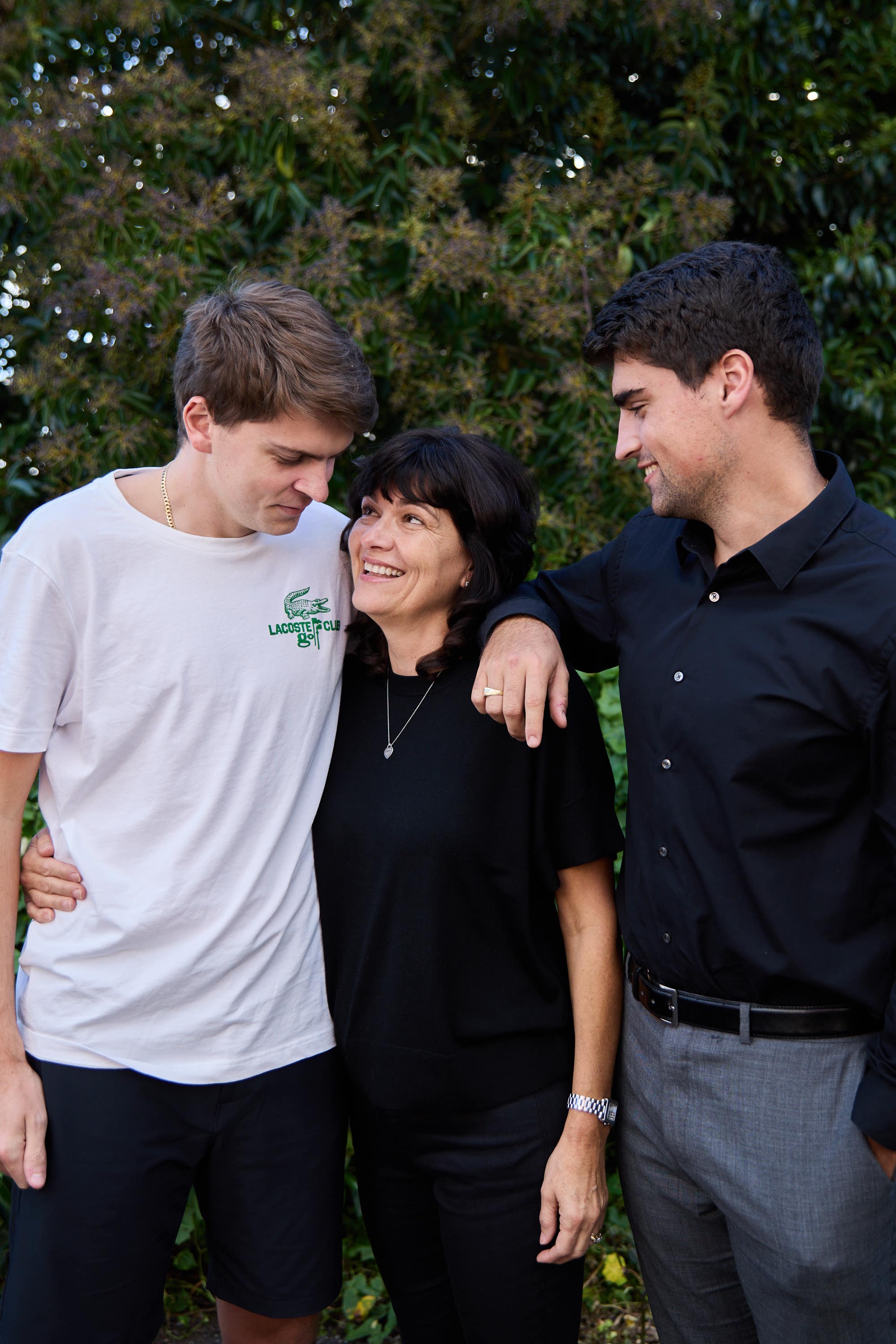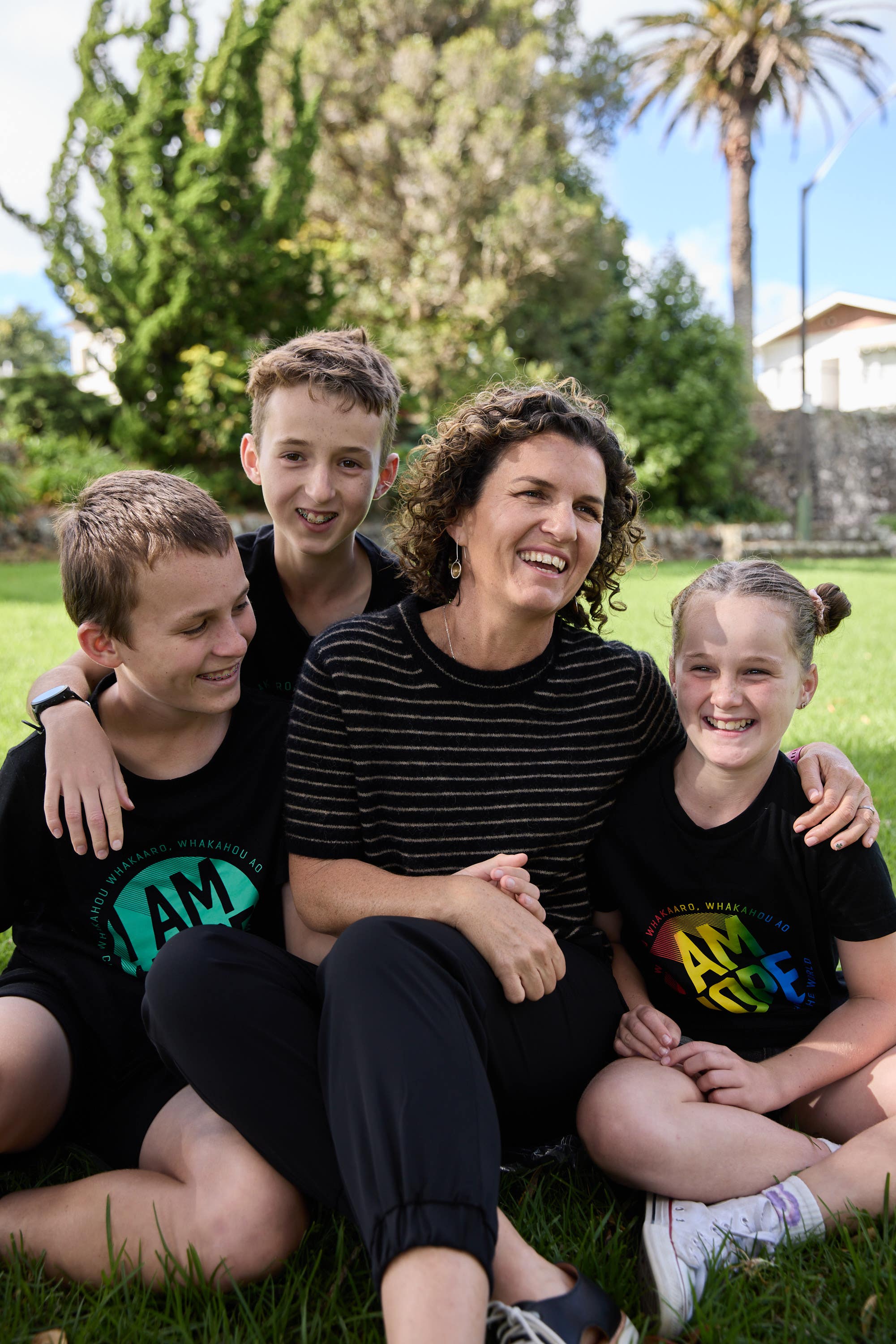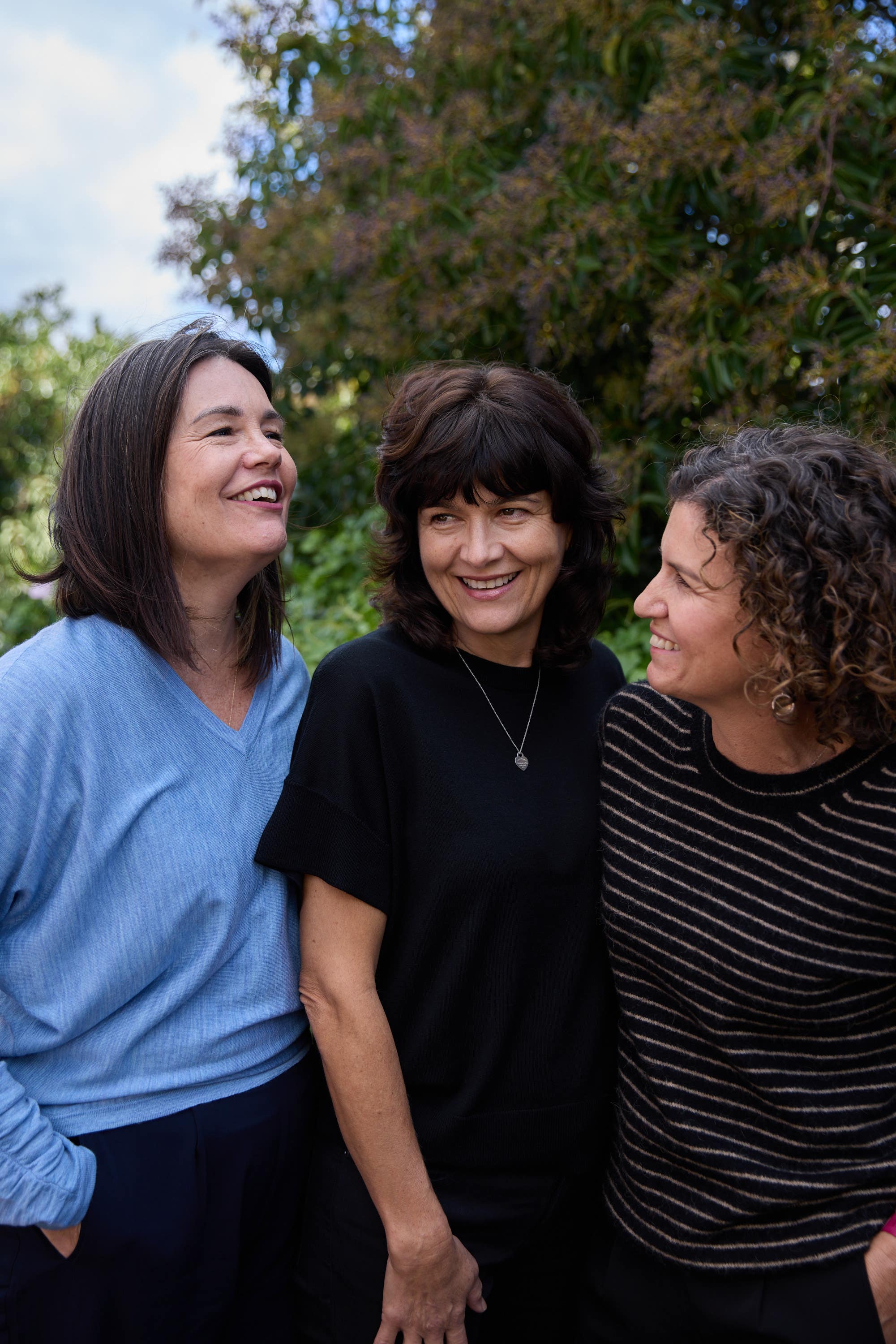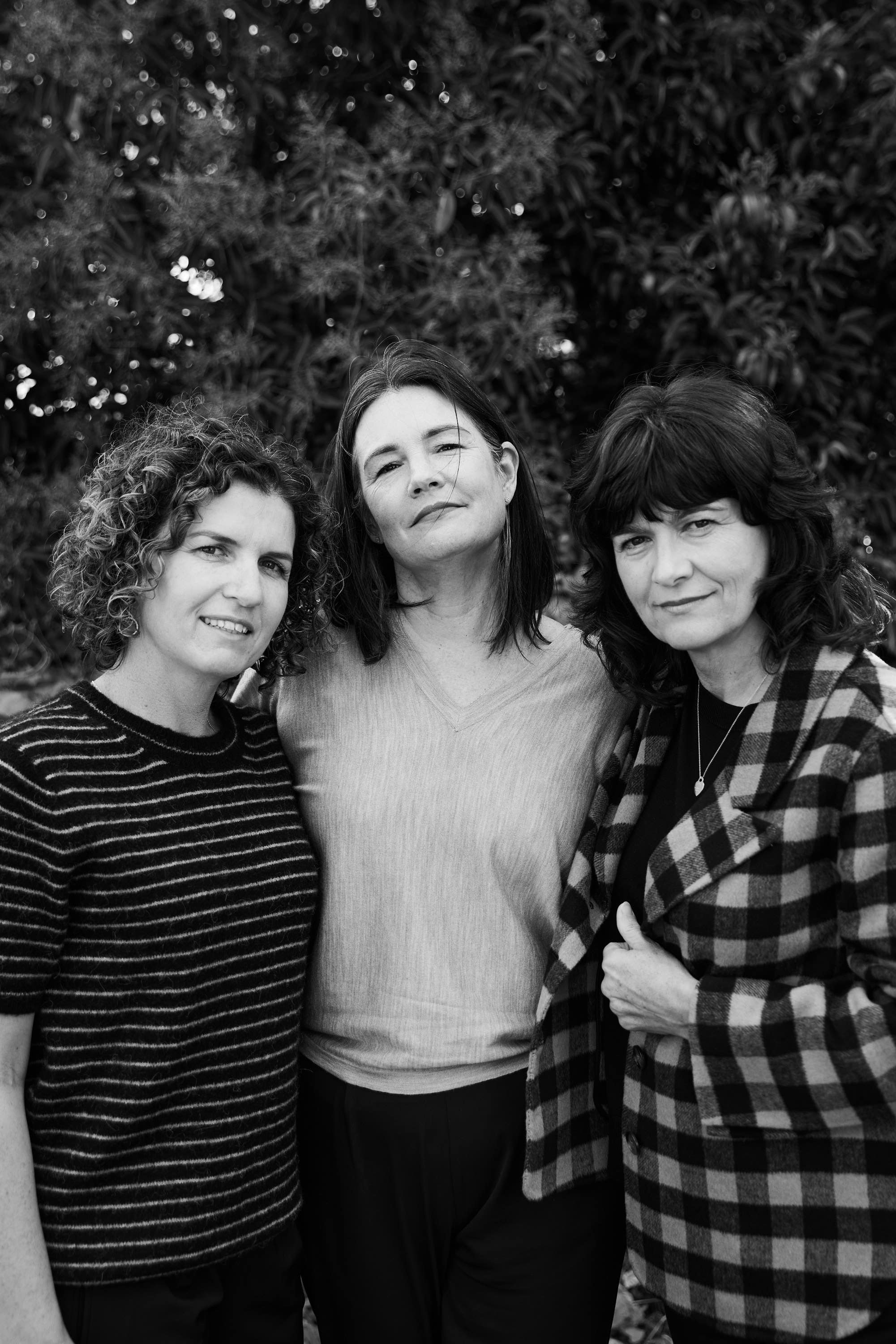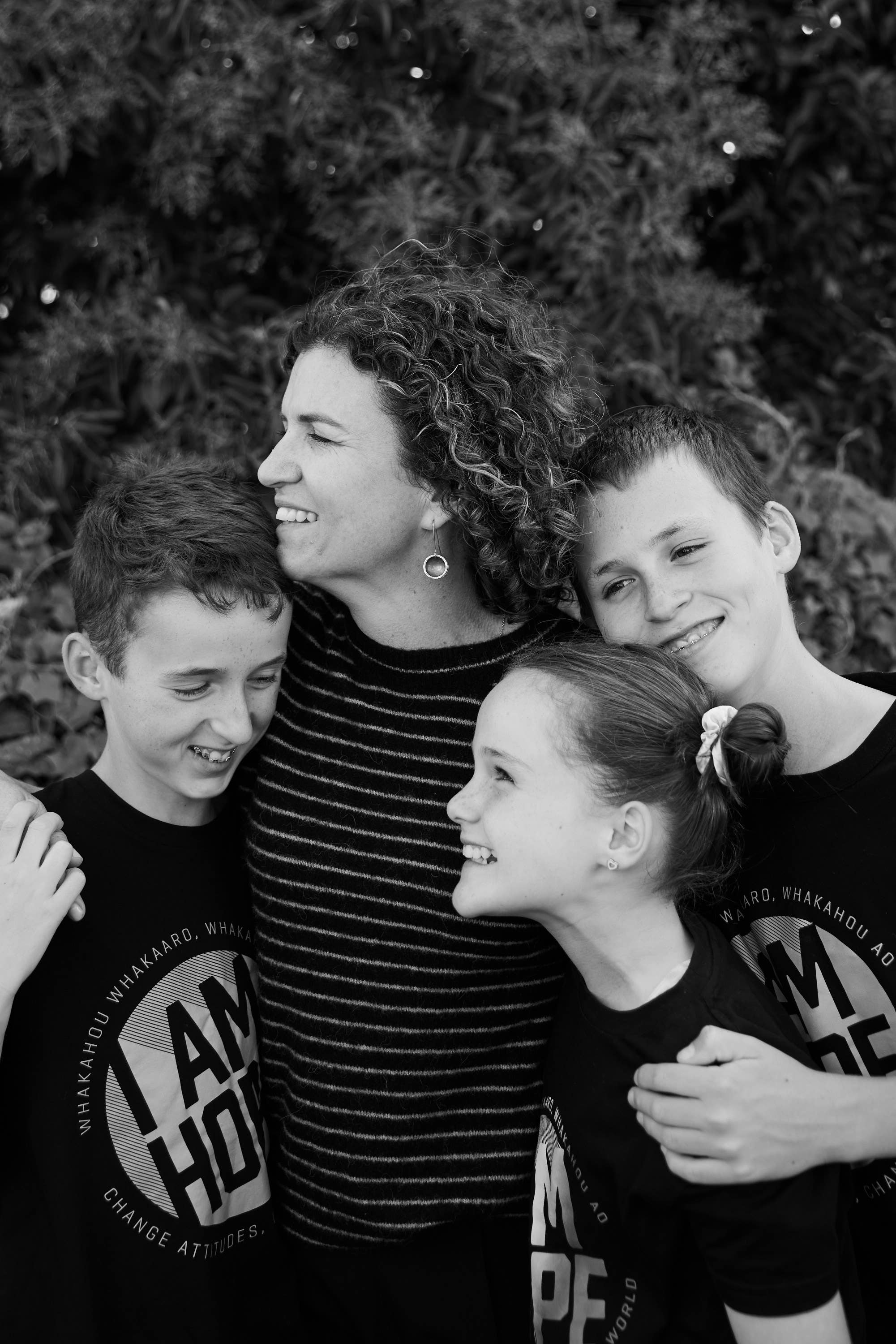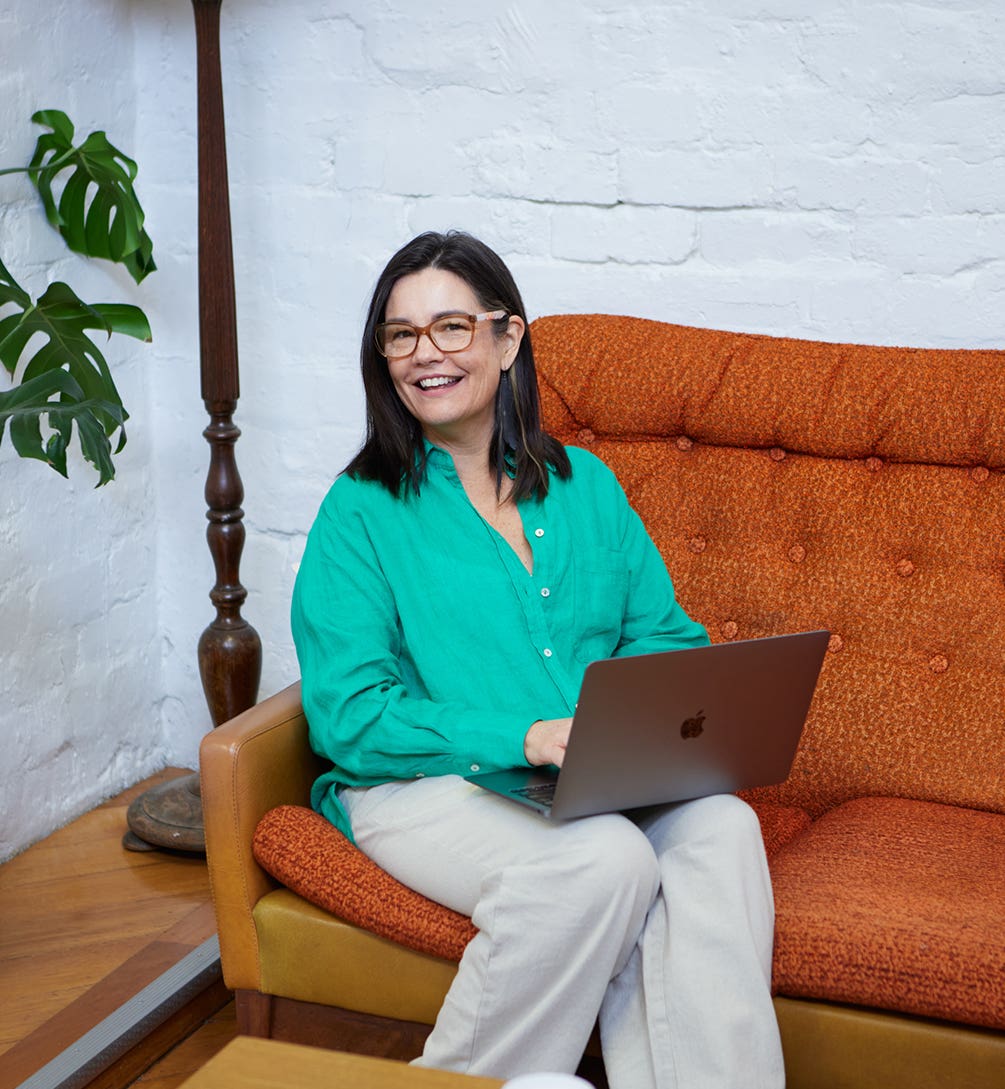How do you prioritize your mental well-being while also caring for your children?
Anita Y:
My boys are 21 and 23 now so I don’t need to care for them, but I do need to guide them sometimes. So I guess I have gone through the worst of it. I have time for myself now to do the things that I want to do. When they were little I made sure I had regular outings and phone calls with friends who had the same age children. It was fun for them and great for us mums.
Anita H:
For me, exercise is great for my mental health; I play netball each week with a great group of women, we've been together for about ten years now and I love the social element and connection with my team as much as getting a sweat on. I love to run too - if that means taking the kids with me so I can still get out for run then that's what I do. When they were little, there were two in a double buggy and one on a bike, but now they're bigger they can run with me which is cool. Not so cool is that fact that two out of three are now faster than me!
Carla:
When my son was 4 months old and my daughter was 3; I was diagnosed with Clinical Depression. I have been taking antidepressants every since (20 years now). I tried unsuccessfully to come off of this medication half a dozen times before my GP wondered if I should just stay on them. So I did, and it made a huge difference to my life and the life of my family.
I asked my family for help and received a lot of support from my parents who visited regularly and helped raise their grandchildren. I did feel guilty for many many years about not being the mum I might have been without the depression, but over the years I have got better at appreciating aspects of my parenting and how hard I worked against the depression which tried to hold me down. I have been to counselling and receive regular ongoing supervision (which is a professional requirement) which has helped a lot.

